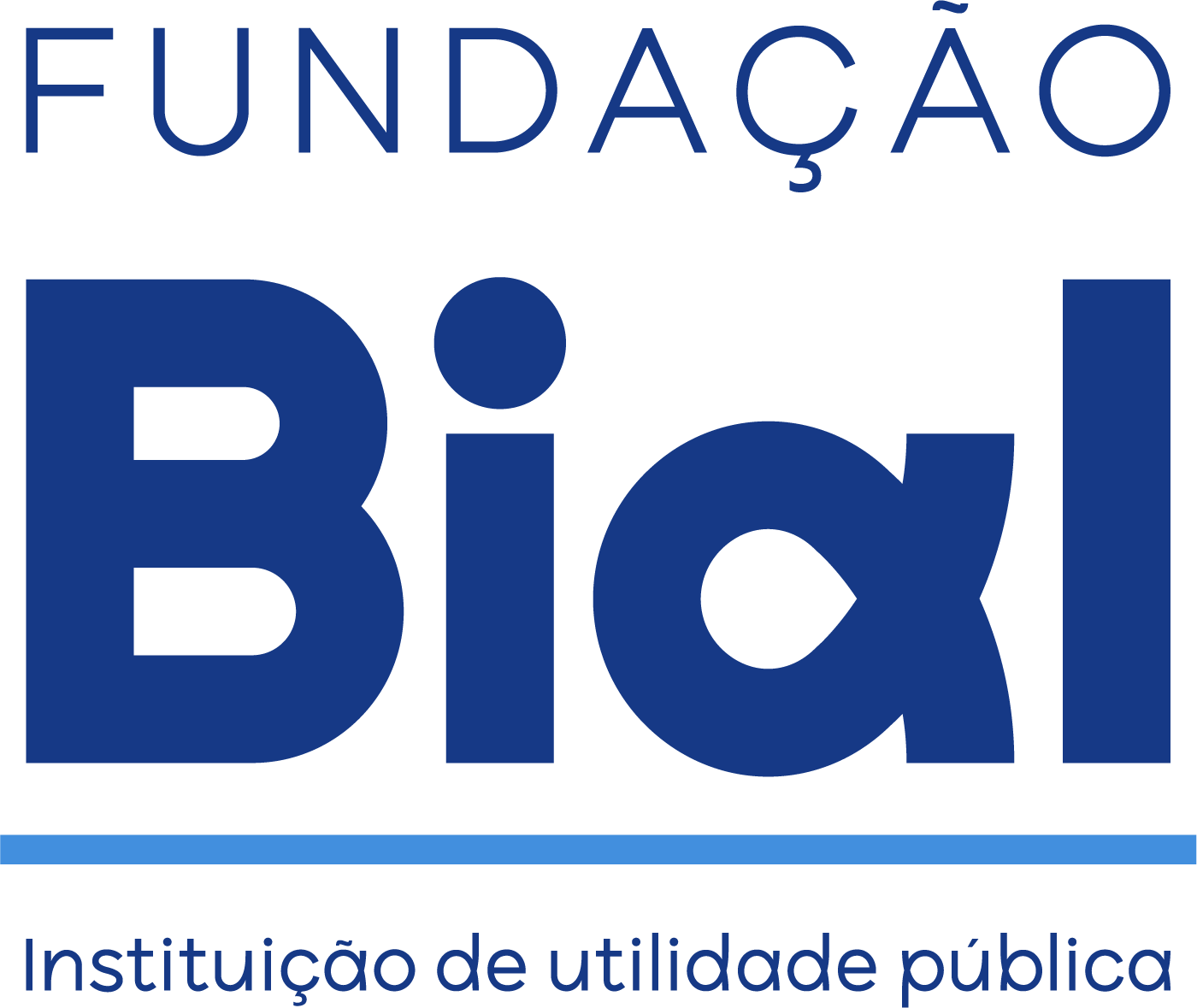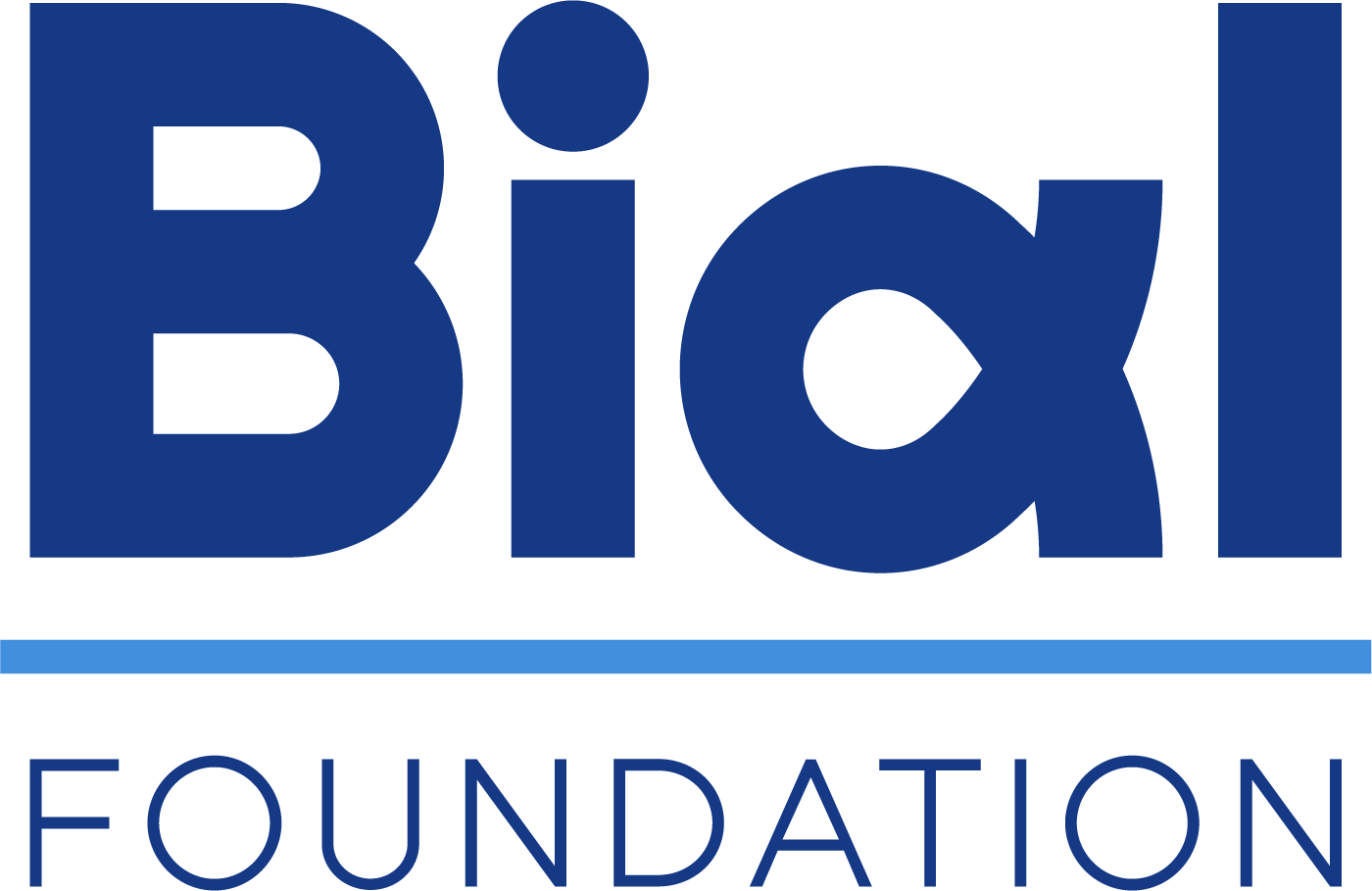News
- Science Stories
- Highlights
- Looking for collaboration
- Helpful links
- Logos
Science Stories
It is our mission being accomplished. Since 1994, the Bial Foundation has approved for funding 946 projects, involving around 1900 researchers from 31 countries. There are three decades of support to Scientific Research Projects oriented toward the neurophysiological and mental study of the human being, in the areas of Psychophysiology and Parapsychology.
Discover the stories behind the science.
Science Stories

Could the healthcare provider's nonverbal behaviour modulate pain reports and placebo effects?
The effects of the nonverbal behaviour of healthcare providers on pain reports and placebo effects may differ in healthy males and females.

To what extent do the boundaries of our body seem to fade during focused-attention meditation?
An experimental study revealed that a 15-minute focused-attention meditation session blurred the boundary between the self and the environment.

Is it possible to regulate the feeling of disgust by imaginary placebo pill intake?
A study compared the effects of a placebo pill and an imaginary pill in reducing visually induced disgust.

Web-based mindfulness intervention improves memory and attention in the elderly
A research team assessed cognitive, psychological and physiological outcomes of a mindfulness-based intervention in healthy older adults.

Identification of a molecule involved in fear extinction opens avenues for new therapies for anxiety
The discovery of mediator responsible for altering fear memories could contribute to the creation of new therapies for the treatment of anxiety disorders.
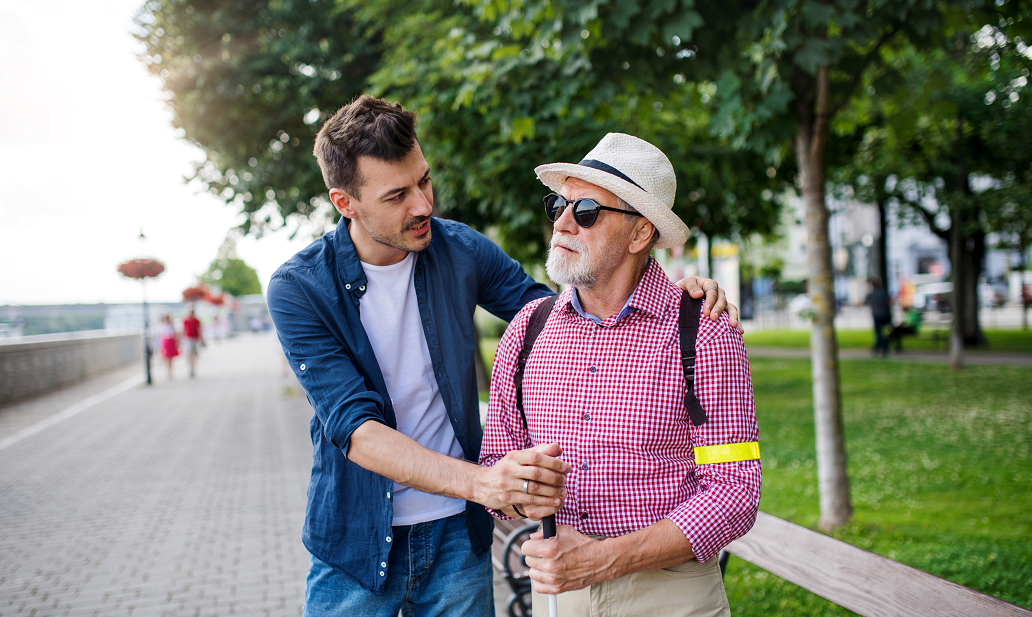
Does blindness affect the way we perceive whether an emotion is authentic or posed?
The results showed that the late-blind participants performed worse in the assessment of emotional authenticity.

Ayahuasca-induced personal death subjective experiences
Researchers analysed studies on self-reported experiences related to the sensation of death during ayahuasca ceremonies.

Could we have psi abilities if our brains didn't inhibit them?
Research tests a novel neurobiological model and concludes that the frontal lobes of the brain act as a filter to inhibit humans' innate psi abilities.
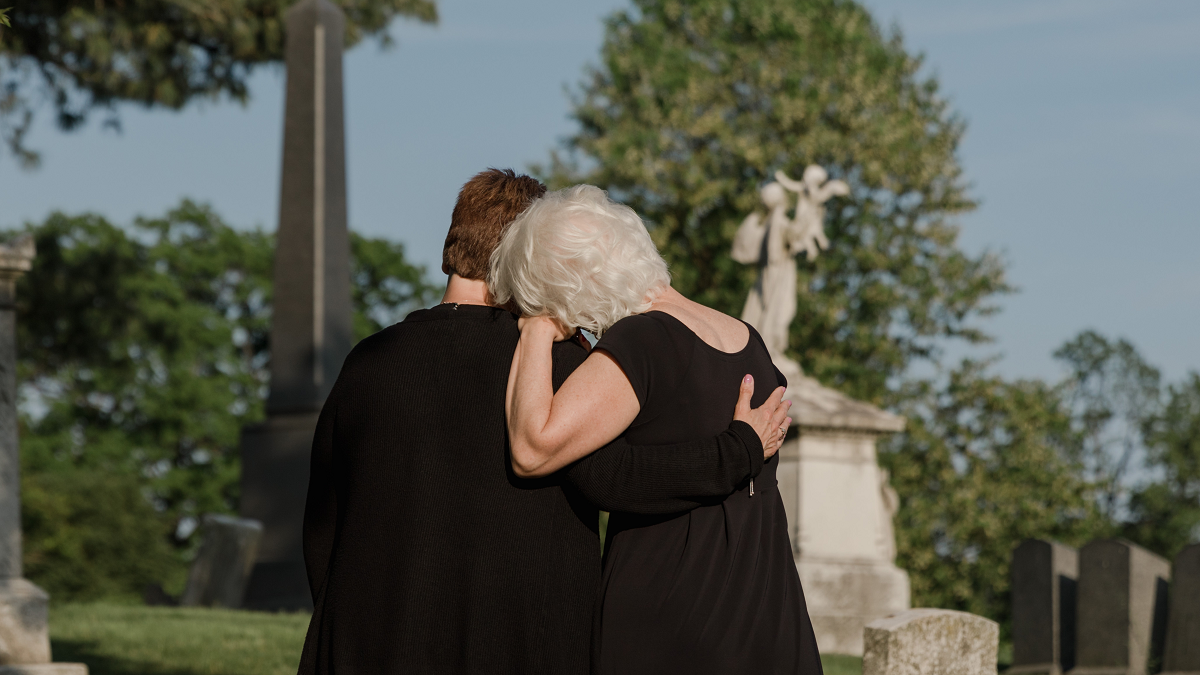
The impact of after-death communication in bereavement
A study with 70 participants who experienced after-death communication with deceased partners reveals that the majority found it comforting and helpful in their bereavement.

Can experienced meditators voluntarily turn off their consciousness?
A study reveals that experienced meditators are able to voluntarily modulate their state of consciousness during meditation.
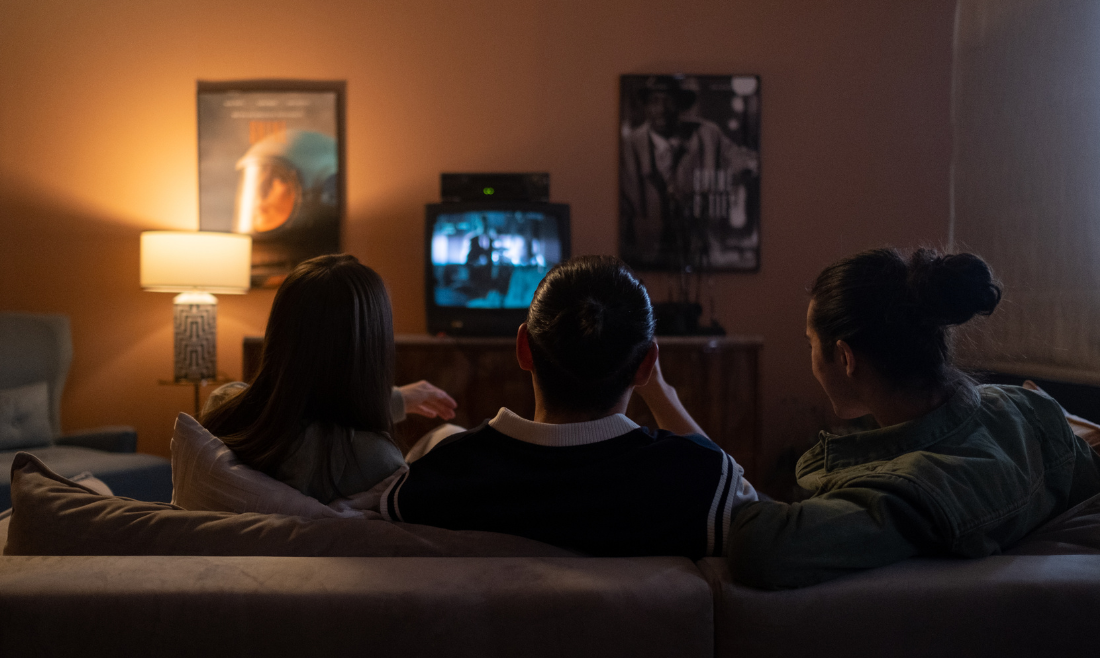
What do we remember from a movie varies with age?
Researchers evaluated how young adults and middle-aged recall detailed information from a movie after one week.

Is gratitude good for the heart?
A study reveals that gratitude may buffer the negative physiological consequences of stress and overall improve cardiovascular outcomes.
News

BIAL Award in Biomedicine 2025: last call for nominations
The nominations for the 4th edition of the BIAL Foundation international award, the BIAL Award in Biomedicine 2025, close on June 30.
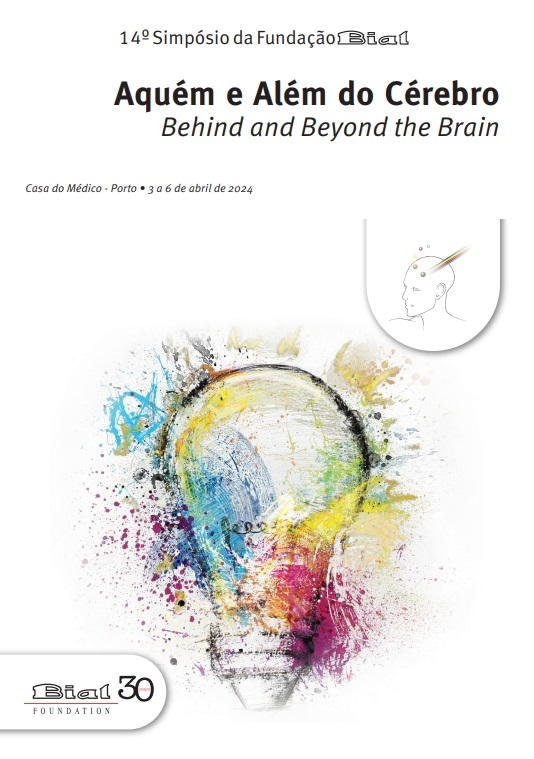
The Proceedings of the 14th Symposium of the BIAL Foundation is now available
The BIAL Foundation has just published the Proceedings of the 14th "Behind and Beyond the Brain" Symposium on the theme “Creativity”.
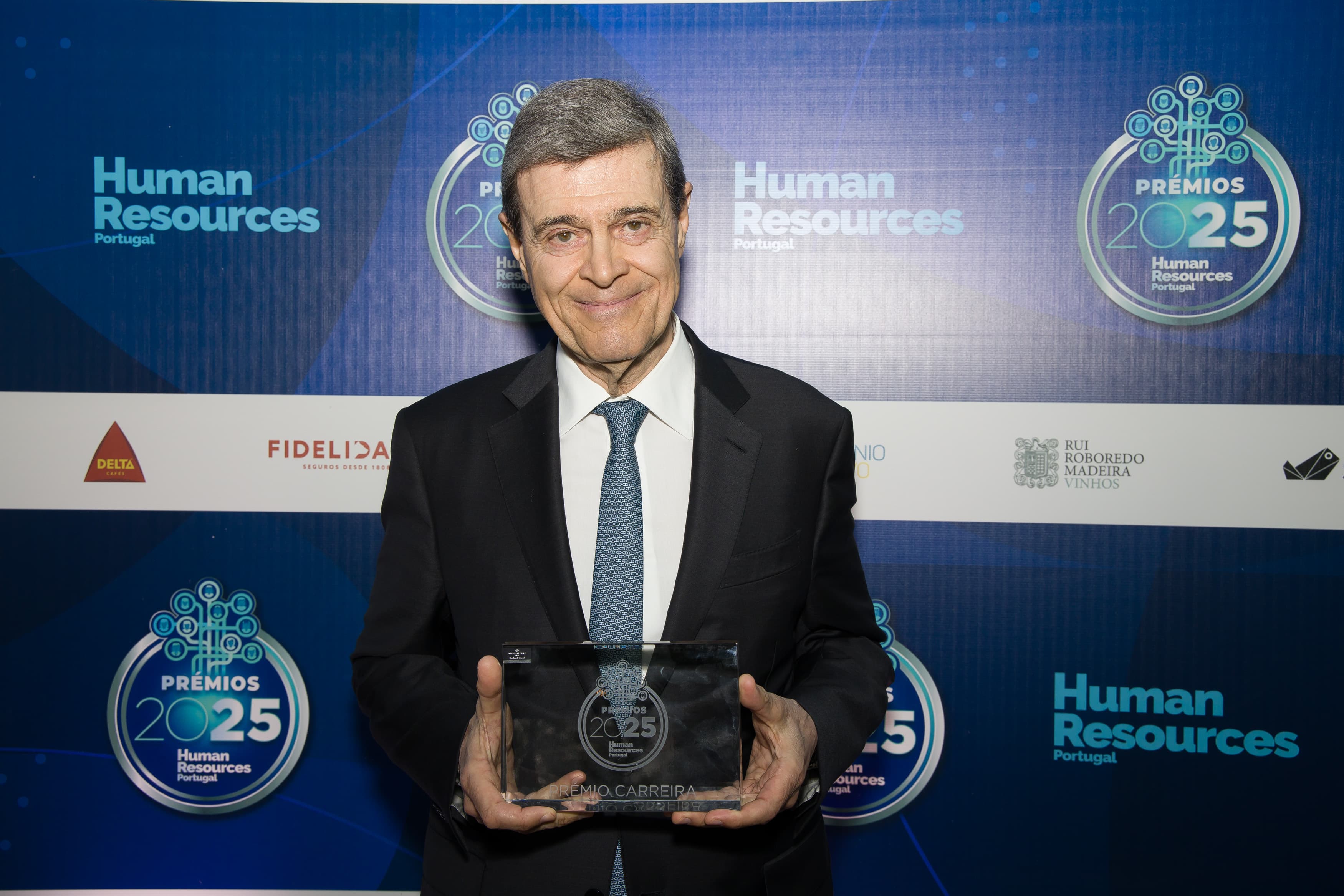
Luís Portela honoured with Career Award by Human Resources
The chairman of the BIAL Foundation, Luís Portela, was honoured with the Career Award by Human Resources Portugal.

How does the brain track the rhythm of music?
A study reinforces the idea that music, although culturally rich and diverse, is grounded in mechanisms deeply rooted in our biology.

Illusory beliefs: An invisible obstacle to medicine?
A study shows that the stronger the belief in pseudoscientific ideas, the greater the distrust in conventional medicine.
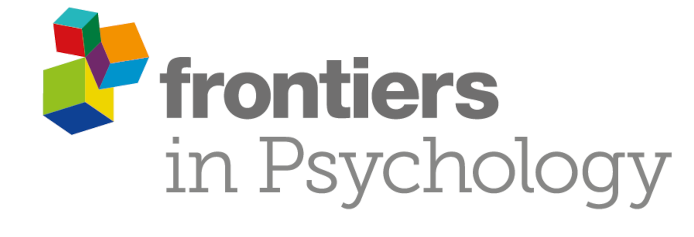
Why are some mothers more vulnerable to perinatal depression?
A study tracked the trajectory of perinatal depression at four distinct points – in late pregnancy, and at 3, 6, and 9 months postpartum.
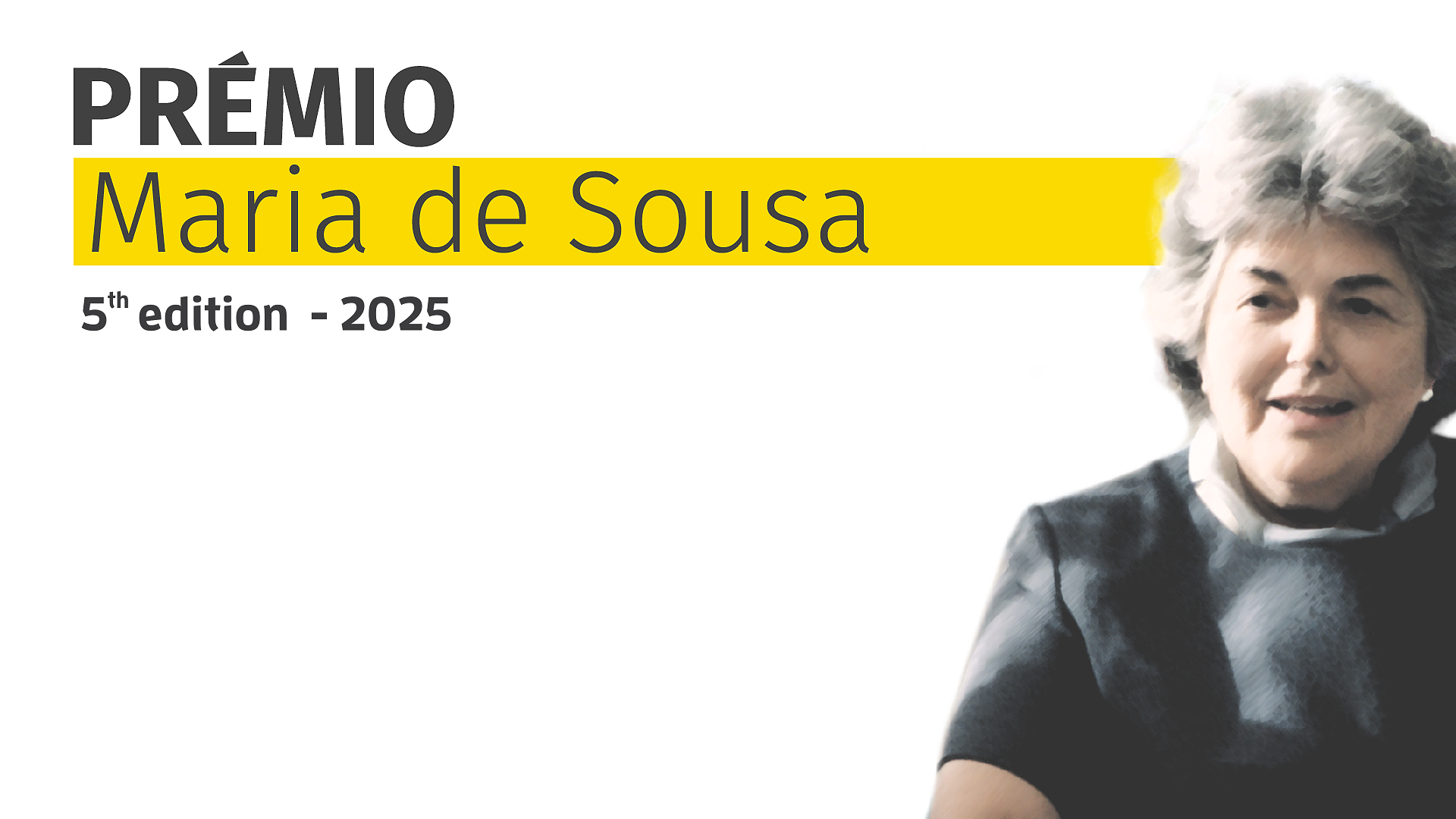
Maria de Sousa Award 2025: applications are open until May 31
The Maria de Sousa Award aims to award and support young Portuguese researchers, aged 35 or under, with scientific projects in Health Sciences.

The brain captures emotions before we are aware – but how and with what effect?
A study supported by the BIAL Foundation shows that faces with fearful expressions are detected more quickly than those with angry or happy expressions.

Docuseries “Beyond the Brain” premieres on 12th May on RTP1
Presented by RTP, with the support of the BIAL Foundation, this docuseries presents the scientific research into the human mind and its multiple dimensions.
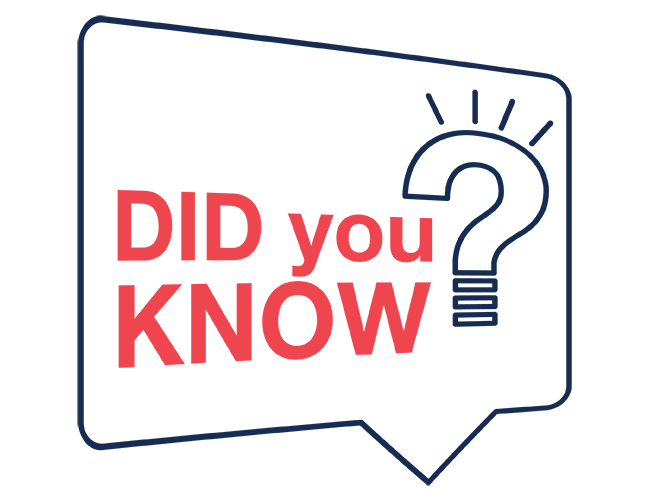
Did you know that the projects supported by the BIAL Foundation have led to over 2.000 scientific publications, many of them in prestigious journals?
Data from February 2025 reflect the impact of the BIAL Foundation's support: the 927 supported projects have already resulted in 2.141 papers published in indexed journals.
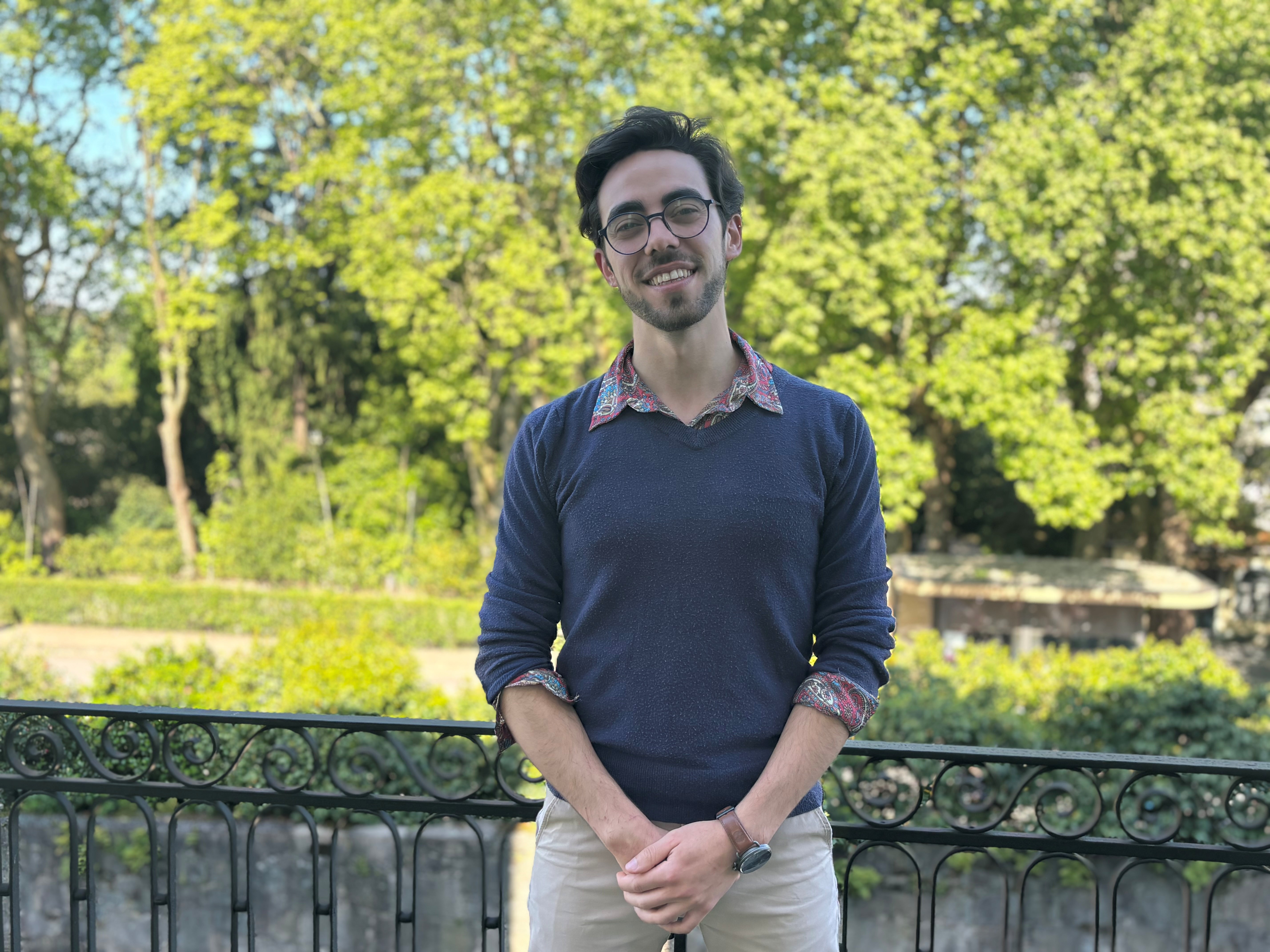
Nuno Grande Doctoral Scholarship 2024 has a winner
Leonardo Moço was the winner of the third edition of the Nuno Grande Doctoral Scholarship (BDNG) with a research project on haemato-oncology.
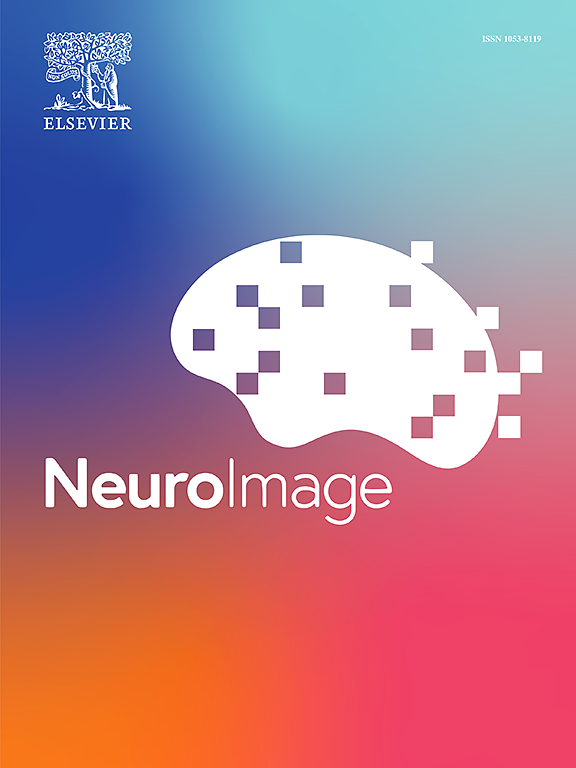
How does our brain organize past memories?
Episodic memory allows us to mentally relive moments from the past, retrieving details such as what happened, where, and when. However, the way we recall these events can vary, highlighting different aspects of the experience. Studies indicate that cued recollection simultaneously activates two essential brain networks: the DMN (Default Mode Network) and the FPCN (Frontoparietal Control Network). An investigation led by Matteo Frisoni analysed whether different memory dimensions – details of objects and characters, spatial layouts, temporal sequences, and verbal dialogues – are processed in specialized sub-regions within these networks and whether this differentiation influences recall performance. The results showed that the FPCN exhibited common activation for all memory dimensions, while the DMN revealed more pronounced specialization, especially in its posterior regions. Additionally, it was found that greater functional specificity within these networks was associated with better memory performance. The research also revealed an asymmetry in the DMN, with greater activation in the left hemisphere for all dimensions except the temporal, while the FPCN maintained balanced activation between hemispheres. This study offers a new perspective on how the brain organizes and optimizes our ability to recall past experiences. This study was supported by the BIAL Foundation, in the scope of the research project 384/20 - Schema-based temporal memory in parietal cortex (SCHETEMP), and published in the journal NeuroImage, in the article Specialization for different memory dimensions in brain activity evoked by cued recollection - ScienceDirect.
Looking for collaboration

The quest of physiological markers for the experience of pain
Researcher: Elia Valentini - Department of Psychology & Centre for Brain Science, University of Essex Summary: The aim of this project is to improve measurement of the human experience of pain by investigating a combination of psychophysical and physiological responses during mild noxious stimulation. More specifically, we want to investigate how sensitive and specific to pain the brain oscillatory responses are. We use EEG as the main technique, but we are keen to collaborate with neuroscientists using fMRI, autonomic measures and brain stimulation as well as with computational neuroscientists. A clinical collaborator would also be very much welcome.

EEG investigation of hypnosis and decision-making
Researcher: Rinaldo Livio Perri - University Niccolò Cusano Rome, Italy Summary: I work in the field of hypnosis and cognitive neuroscience. In particular, I adopt the event-related potentials (ERPs) to investigate the effect of the hypnotic suggestions on sensory processing and cognitive performance. I am an expert in decision-making and proactive brain processes before the stimulus administration (e.g., the perceptual, prefrontal and premotor readiness during the expectancy stage). I could help colleagues to properly analyze the ERP signal in the pre-stimulus stage of processing. Also, I would be happy to share my EEG data for re-analyzing them in the frequency domain (e.g., wavelet or coherence analysis in the hypnosis research). Feel free to contact me for any question! More information on my papers: https://scholar.google.it/citations?user=-8e_V64AAAAJ&hl=it Possible collaborations: neuroscientist with experience in the EEG frequency analysis Email: perri.rinaldo@gmail.com

Transparent Psi Project - looking for collaborators
Summary: We are running a fully transparent, expert consensus-base multilab replication of Bem’s (2011) experiment 1. The project features state of the art methods to maximize transparency and study integrity. The study involves a computerized experiment taking about 20 minutes per session. Group testing is possible in a computer lab, no specialized equipment needed. Labs are expected to recruit at least 100 participants. Participants will be exposed to images with explicit erotic/sexual content in the experiment. No financial compensation is required for the participants. Data collection is expected to take place in the 2020 fall semester. Every material is provided for ethics/IRB submissions and data collection in English (translation of materials might be necessary by the collaborators). The study is pre-registered and the manuscript is accepted in principle for publication in the journal Royal Society Open Science. All collaborators who meet the minimum sample size criterion will get authorship on this paper reporting the results of the replication study. More information in the preprint: https://psyarxiv.com/uwk7y/ Indicate interest in the collaboration via the following form: https://tinyurl.com/tpp-labs With any question contact the lead investigator: Dr. Zoltan Kekecs, kekecs.zoltan@gmail.com

Cognitive control and learning
Researcher: Ignacio Obeso, Ph.D. / CINAC - HM Puerta del Sur Summary: The aim of our projects is to understand the behavioral and neural mechanisms used to learn how humans establish adaptive behaviour in changing contexts. More specifically, we want to decipher how stopping abilities are initially learned and later executed under automatic control. We use task-related fMRI, brain stimulation and clinical models to test our predictions in laboratory settings as well as online home-based paradigms. Possible collaborations: computational scientist Email contact: i.obesomartin@gmail.com https://iobesomartin.wixsite.com/cognitivecontrol
Find here some links to other Foundations, Organizations, Societies and more that you might be interested in.
- BrainFacts.org
- Cognitive Neuroscience Society
- Dana Foundation
- European Brain Council
- European Society for Cognitive and Affective Neuroscience (ESCAN)
- Federation of European Neuroscience Societies (FENS)
- Human Brain Project
- IANDS International Association for Near-Death Studies
- Institut Métapsychique International (IMI)
- Instituto de Psicologia Paranormal
- International Behavioral Neuroscience Society (IBNS)
- International Brain Research Organization
- IONS Institute of Noetic Sciences
- Kavli Foundation
- Koestler Parapsychology Unit
- Open Sciences
- Organization for Human Brain Mapping (OHBM)
- Parapsychological Association
- Psi Encyclopedia
- Rhine Research Center
- Sociedade Portuguesa de Neurociências
- Sociedade Portuguesa de Neurologia
- Society for Neuroscience
- Society for Psychical Research
- Society for Scientific Exploration (SSE)
- World Federation of Neurology


